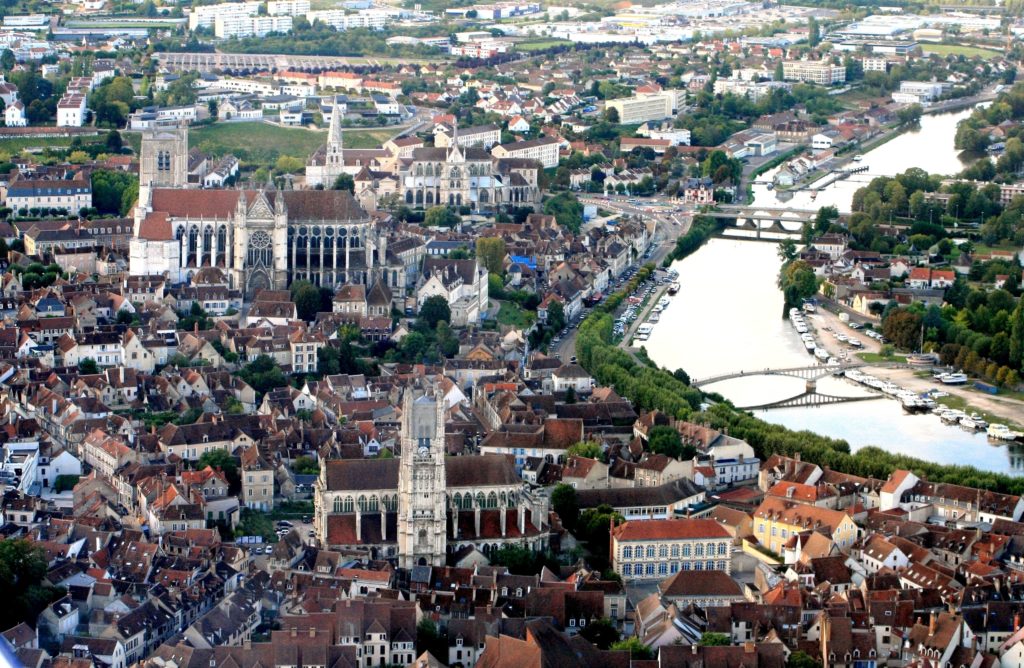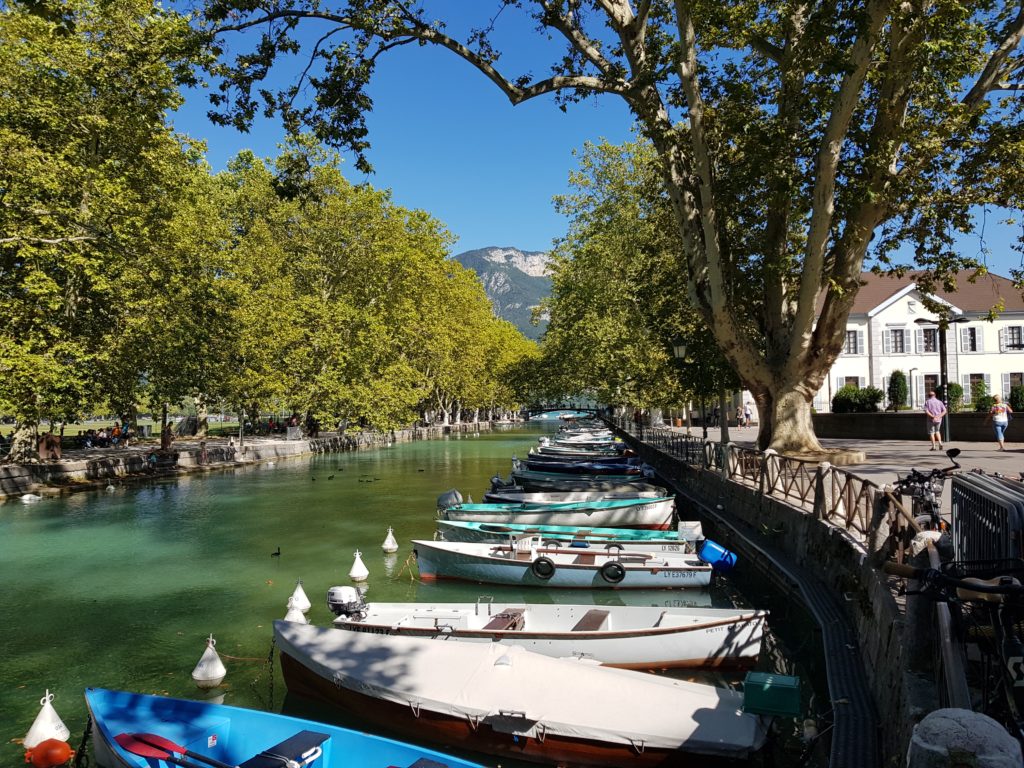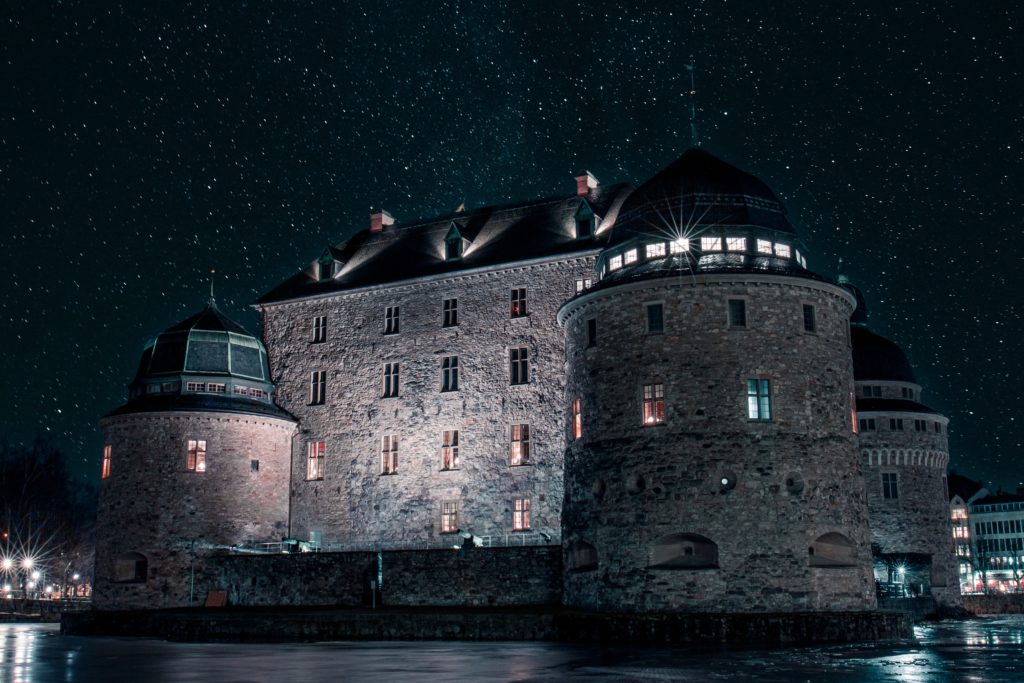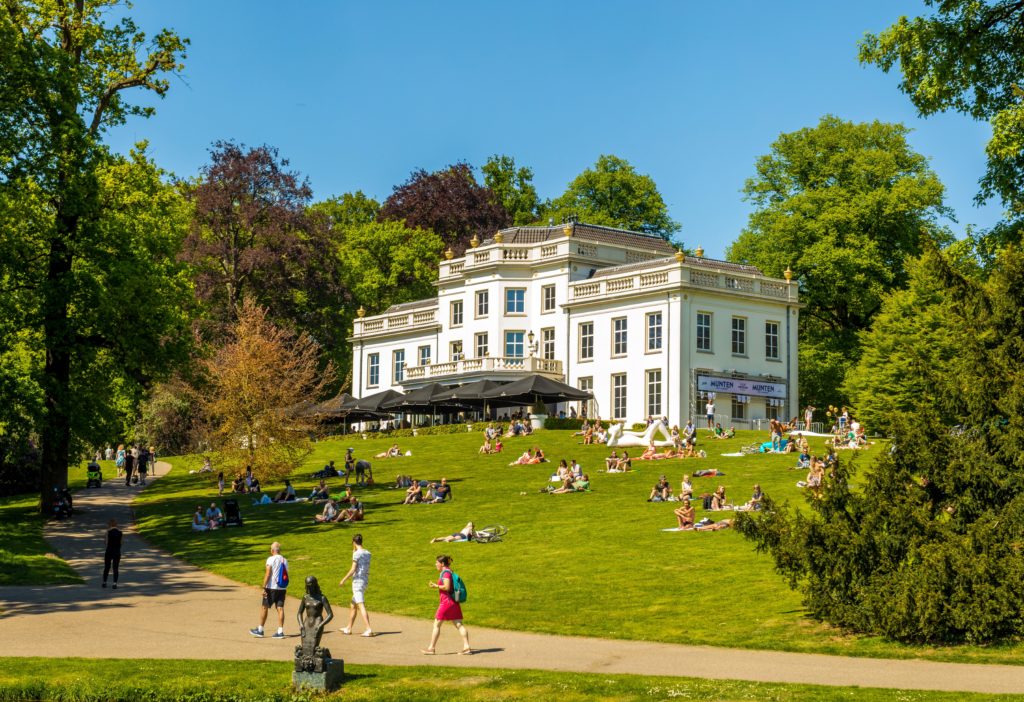Energy Cities welcomes four new members
The Urban Community of Auxerrois, Annecy, Orebrö and Arnhem joined our network
In the past months, four new members joined Energy Cities’ network: the Urban Community of Auxerrois and Annecy (France), Orebrö (Sweden) and Arnhem (the Netherlands).
Urban Community of Auxerrois
Located in the French region of Burgundy-Franche-Comté, this administrative entity groups 29 municipalities and is home to 142,000 inhabitants. The territory is known for its beautiful landscapes and its excellent wines. The 2015-2020 strategy for the Urban Community of Auxerrois is based on three pillars: attractiveness and competitiveness, social cohesion and solidarity, and a high quality of the urban and natural environment. The local Energy and Climate Plan is at the centre of this strategy and aims to strengthen the urban-rural link, preserve the biodiversity, increase the capacity to adapt to climate change and sensitise the local community on the subject of energy efficiency. The Urban Community of Auxerrois defines itself a territory “acting for a more sober and less polluting society”.

Annecy
The alpine city of Annecy (125,694 inhabitants) is famous for its spectacular lake, canals and its medieval castle. Sustainability and the energy transition are very important for the municipality – who has been signatory of the Covenant of Mayors since 2009! The local Energy Master Plan aims to provide concrete solutions and engage all actors to develop heat networks, increase renewable installations, move away from fossil fuels, develop sustainable mobility, reduce energy poverty and mainstream energy concerns into new developments projects. Every year, the municipality organises the Sustainable Development Week, for citizens to discover projects around sustainability, actions to adopt on a daily basis, but also to provide them with advice on consumption, nature in the city and waste reduction.

Örebro
Örebro is one of the largest city in Sweden (150,000 inhabitants) and home to the prestigious Örebro University. The city prides itself on being very international: immigrants from 165 different countries are among the residents. In Sweden, Örebro is known to be “the town of cycling” because of how easy it is to move around by bike, thanks to the many bike lanes and an effective public bike rental scheme. More recently, thanks to a partnership with the local housing company ÖBO and the local energy company, the municipality is exploring collective self-consumption models with the construction of Tamarinden, a new residential district.

Arnhem
The Dutch city of Arnhem (around 160,000 inhabitants) is located in the Eastern part of the country, at the border with Germany. Last summer, Arnhem made the news for its ambitious 10 years adaptation plan. Sitting at only 13 meters above sea level, they have been confronted by frequent flooding in the latest years. The City Council decided to redesign the city’s layout and set ambitious targets to reduce the asphalt in favour of grass and green areas. This strategy will allow the soil to absorb rainwater, but also to reduce the heat island effect and provide cover from the sun.

We welcome these local governments in our community and hope to involve them in our projects and activities soon!



